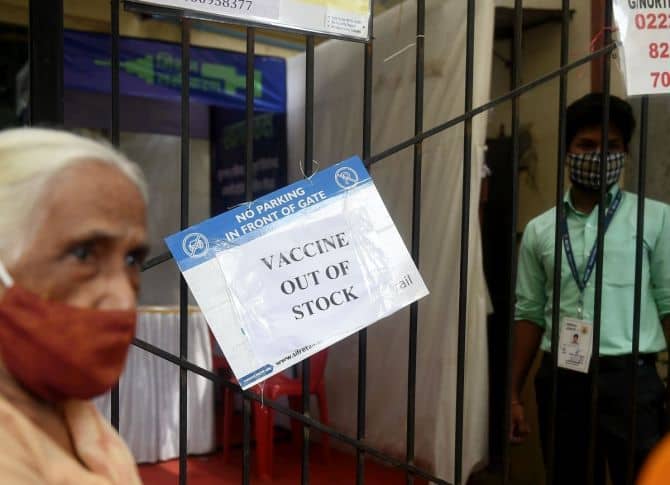Mumbai Samachar turns 200
Popularly known as Bombay Samachar, India’s oldest continually published newspaper turned 200 this year. The paper was established by Parsi scholar, printer, and editor Fardoonji Murazban in 1822. It has been produced both in Gujarati and English. Bankruptcy forced a hand over operations and ownership of the press to the Cama family in 1933. Prior to the transfer, Cama Norton and Co used to be the ink and newsprint supplier for the publication. The same colonial-era red building still houses its office and printing press two centuries later. The paper began primarily as a weekly journal of shipping and logistics information serving the port city and other trade zones in Western India. It then transformed into a biweekly paper before becoming a full-fledged daily publication.
Source: Indian Express, Telegraph
BMC officer exposed for duping job seekers
An administrative officer in the BMC’s education department was arrested along with three others in an alleged job racket. Several job aspirants have been frauded of lakhs of rupees. The case came to the fore when a homemaker from Kalyan filed a complaint against a civic body officer, her husband, and two other men. The woman accused them of forcing her and her relatives to pay upwards of 26 lakhs on the false promise of getting her son a job in the BMC. After her case, several others have been found to have been duped by the same group.
Source: Times of India
Slums on Mumbai Airport Land to be redeveloped
Under the joint venture between Adani Airports Ltd and Airport Authority of India, residents of slums on airport property will be removed. Rehabilitation of these residents will reportedly increase the land area available for aeronautical and commercial development by 200 acres. Officials claim these slums are a security threat. According to some estimates, this move will impact 80,000 slum households. Some officials have recommended eligible residents be relocated “as far as possible within the limits of Mumbai”. According to the regulations, pavement dwellers, scrap godowns, cow sheds, will not be rehabilitated in-situ. The legal regulation also states that only the occupants of the ground floor shall be eligible for free housing but will not be compensated for the difference in area if their homes are larger than 300 sq ft or 269 sq ft.
Source: Times of India, Business Line
Read more: The sad story of Mumbai’s first “slum self-development project”
Mumbai’s April excess death data reaches 112%
An RTI query has revealed that 112% more deaths were reported in April of this year as compared to its past four-year average. ‘Excess deaths’ is the numerical gap between the number of people who die from any cause in a given period versus recent years. The head of COVID19 Death Audit Committee has rejected allegations of undercounting COVID19 related death in the city. However, an expert from Tata Institute of Social Sciences stated the high mortality death is a cause of concern and must be scientifically investigated. He said the excess deaths warrant an urgent survey including triangulation of data from sources such as crematoriums.
Source: India Today, Times of India
COVID19 is the leading cause for the death of Mumbai’s new mothers
An recent analysis of 193 maternal deaths that occurred in Mumbai from April 2020 to March 2021 showed 16.5% were caused due to complications arising out of Covid-19. The second wave has led to an even higher share of COVID19-related death for pregnant women. A total of 43 maternal deaths took place in April-May of this year, of which 65%, have been due to the virus. A doctor from Sion Hospital spoke to Times of India and stated that in pre-pandemic years “sepsis, hemorrhage, hypertension have been some of the commonest causes” of maternal mortality in Mumbai. The President of Federation of Obstetric and Gynaecological Societies of India has advised the government to prioritize pregnant women in vaccination drives.
Source: Times of India
Read more: Dharavi women take to street vending to feed families
Vaccine shortage looms over the city

Several wards across Mumbai have been facing severe vaccine stock shortages yet again. The M-West Ward which includes Chembur only two vaccination centres were functional on June 30. They were due to receive fresh stock a day earlier but this was rescheduled to July 1 due to lack of supply. In the L ward (covers Kurla), 16 government centres which usually administer 300 inoculations per day were forced to cut back to 100-200 immunisations. By July , the BMC had ordered public centres across the city to put a halt on vaccination drives. Despite these shortfalls, the private sector in Mumbai continues to show no lack of dosages. Private centres in the state of Maharashtra currently have 26 lakh doses in stock.
Source: Indian Express
Read more: Vaccination is tough, even for the digitally savvy